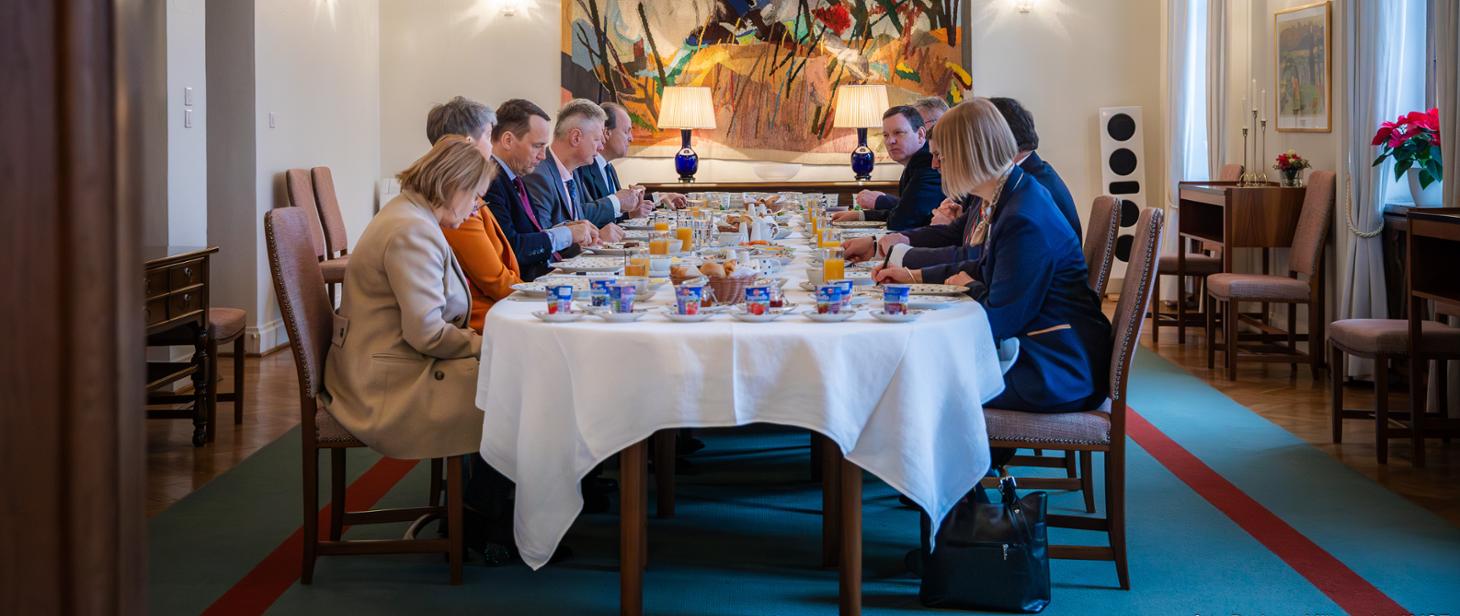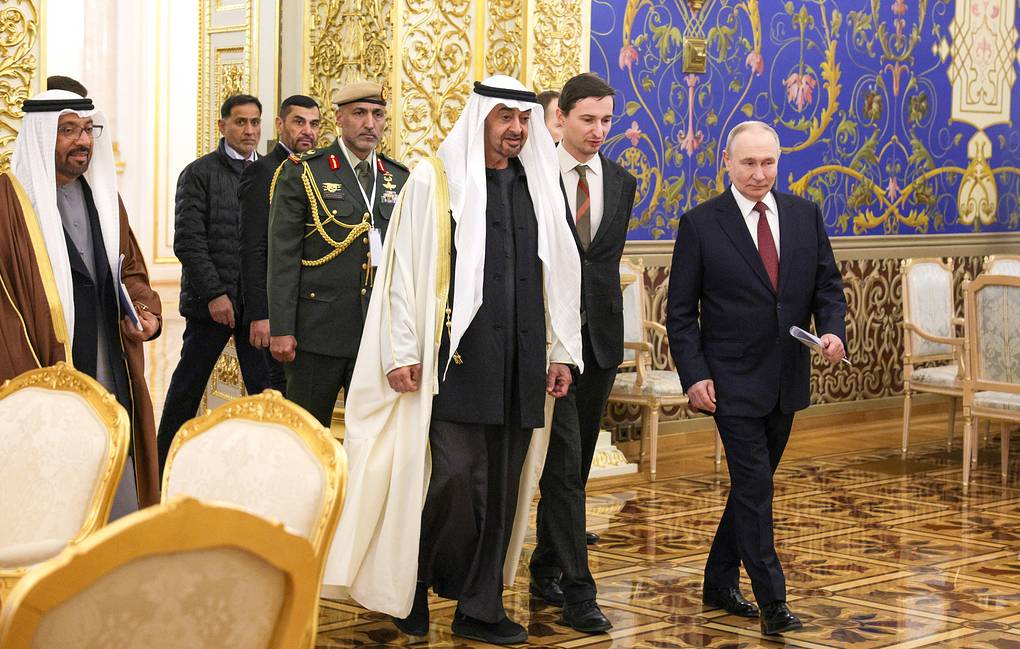Russians Condemn Latvia For Convicting Wwii-era Partisan
Russians Condemn Latvia For Convicting Wwii-era Partisan
The end of April saw a ratcheting up of tensions between Russia and Latvia. This happened despite the fact that Russia and the EU agreed on April 27 to extend their Partnership and Cooperation Agreement to the ten new EU member states (see previous article). There were two causes of the increased tensions between Russia and Latvia: a series of tit-for-tat spying allegations and Latvia’s conviction of a World War Two-era pro-Soviet partisan for war crimes.
On April 29, Russia asked a first secretary of the Latvian Embassy in Moscow to leave the country for engaging in “activities incompatible with the status of a diplomat and harming the interests of the Russian Federation.” That expulsion came less than a week after Latvia expelled Petr Urzhumov, a second secretary at the Russian Embassy in Riga, for allegedly trying to steal NATO secrets. Urzhumov was the sixth Russian diplomat to be expelled from Estonia, Lithuania and Latvia over the past three months (Reuters, MosNews, April 29).
On April 30, the Latvian Supreme Court found 81-year-old Vassily Kononov guilty of war crimes and sentenced him to twenty months in prison – although, according to Russia’s Foreign Ministry, the court reportedly then released him on the grounds that he had already served the time. Kononov is accused of executing nine civilians whom he suspected of Nazi sympathies, one of them a pregnant woman, in the east Latvian village of Mazie Bati in May of 1944. In January of 2000 a district court in Riga found Kononov guilty of war crimes and sentenced him to six years in prison. Kononov appealed, and in April 2000 the Latvian Supreme Court ordered him released for the duration of his appeal, asking experts to review the case.
Prosecutors re-filed the war crimes charges against Kononov in January 2001, but a Latvian court dismissed them in October of last year for insufficient evidence. Latvian prosecutors appealed that verdict the following month, but the Latvian Supreme Court began examining their appeal only last month. Kononov’s case became something of a cause celebre in Russia: In January 2003, President Vladimir Putin sent Kononov a congratulatory birthday letter saying that the former partisan’s “selfless struggle” against “the infringement… of human rights” and “attempts to rewrite history” in Latvia evoked “sincere support in Russian society” (AP, January 3, 2003).
The April 30 guilty verdict in the Kononov case has been widely denounced in Russia. A Foreign Ministry statement called it “shameful,” adding: “Latvian justice, apparently, decided on the eve of Latvia’s accession to the European Union and the anniversary of the end of the Second World War to present a gift to local national radicals and publicly insult those who fought the Nazis.” First Deputy State Duma Speaker Lyubov Sliska called the verdict the “latest human rights violation,” while Duma Veteran’s Affairs Committee Chairman Nikolai Kovalev called it “a mockery of common sense.” Kovalev, a former Federal Security Service director, added that Latvia “is in gross violation of all human rights – the right to education, to an ethnic culture, to the Russian language.”
Duma Committee for CIS Affairs Chairman Andrei Kokoshin, a former first deputy defense minister, called the verdict a “political act” aimed at providing a justification for “depriving nearly 35 percent of Latvia’s population of their rights.” Russian presidential human rights commission chairwoman Ella Pamfilova called the case against Kononov a “cruel, shameful farce” that “would probably have pleased Hitler” (Russian agencies, April 30). In a similar vein, the headline on a story posted by the KMNews.ru website the day of the verdict read: “Latvian Fascists Have Sentenced a Russian Partisan to 20 Months in Prison.”
Several leading Russian politicians used the occasion of the official May Day holiday to highlight alleged human rights abuses against Russian-speaking minorities in the Baltic countries. During a holiday rally in Moscow, Dmitry Rogozin, leader of the Rodina (Motherland) faction in the State Duma, praised thousands of Russian speakers who had just demonstrated in Riga, Latvia, to demand that ethnic Russian schoolchildren be allowed to receive their education in Russian. “Do you know what slogan was popular over there? I have been asked to pass it on,” Rogozin said. “The slogan at the rally was you, Nazis, better think of the Ninth of May [World War II Victory Day] when you kick Russian schools” (Channel One, May 1).
Vladimir Lukin, the former Russian ambassador to the United States and Yabloko party co-founder who is now Russia’s human rights ombudsman, told Interfax he would insist that the rights of Russian speakers in the Baltic countries are observed and hoped for EU assistance in this regard. “These are the A-B-C’s of democracy,” Lukin said. “We will insist on it, and I would like to hope that the Europeans will help us.” Lukin also said he was surprised that the Baltic countries were accepted into the European Union given that “their practice in relation to [their] population that does not speak the native language very much diverges from European standards” (Russian agencies, May 1).


